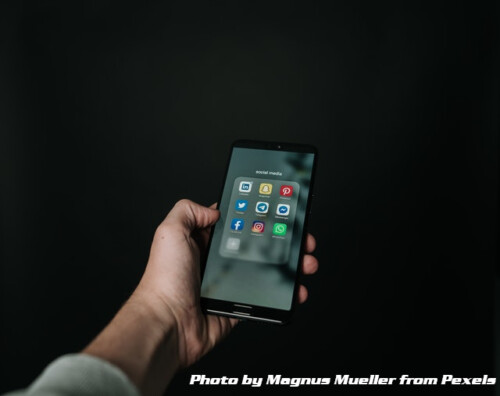The Pervasive Influence of Digital Distractions: Examining the Impact of Technology on Productivity Among the Younger Generation
By Glen Jude Bowen
Introduction:
In a world where technology has become an integral part of our lives, the younger generation finds itself grappling with a growing phenomenon: digital distractions. Epictetus once said, “It is not what happens to you, but how you react to it that matters.” This adage holds true when considering the impact of digital distractions on productivity. In this article, we will delve into the pervasive influence of technology and its effect on the productivity of the younger generation, drawing insights from the wisdom of Marcus Aurelius, Professor Jordan Peterson, and even Albert Einstein.
Understanding Digital Distractions:
Digital distractions, ranging from social media platforms to online entertainment, have infiltrated the lives of young people. As Marcus Aurelius wisely remarked, “The happiness of your life depends upon the quality of your thoughts.” However, the constant allure of notifications and the temptation to indulge in mindless scrolling can hinder productive thoughts. Technology, when used judiciously, can be a powerful tool. It is crucial, however, to recognize the fine line between using technology as a means of enhancing productivity and succumbing to its distractions.
Examining the Impact on Productivity:
The human attention span has dwindled in recent years, posing challenges to cognitive functions and learning among today’s youth. Professor Jordan Peterson once remarked, “If you don’t have a plan, you become part of somebody else’s plan.” Unfortunately, digital distractions often sidetrack young individuals from their own plans, leading to decreased focus and diminished productivity. Studies have shown that the constant switching of attention between tasks due to digital distractions can impair cognitive functions, making it harder to concentrate, retain information, and engage in deep thinking.
Strategies for Managing Digital Distractions:
To mitigate the negative impact of digital distractions, practical strategies can be employed. Albert Einstein famously said, “The only source of knowledge is experience.” By intentionally managing technology use, young individuals can regain control over their attention and enhance productivity. Setting boundaries by allocating specific time slots for technology usage, turning off unnecessary notifications, and creating a dedicated workspace free from distractions are effective ways to cultivate focus. Additionally, practicing mindfulness, as advocated by Marcus Aurelius, can help individuals become more aware of their technology habits and make conscious choices to limit distractions.
Balancing Technology Use and Productivity:
Maintaining a balance between technology use and productivity is paramount. Professor Jordan Peterson reminds us, “Compare yourself to who you were yesterday, not to who someone else is today.” Rather than succumbing to the allure of constant comparison on social media, young individuals should harness technology as a productivity tool. Utilizing productivity apps, employing time management techniques such as the Pomodoro Technique, and integrating digital tools for note-taking and organization can transform technology into an ally for enhanced productivity.
Conclusion:
In the digital age, where distractions lurk at every corner, the younger generation must reclaim their attention and productivity. As Epictetus once wisely said, “First, say to yourself what you would be, and then do what you have to do.” By acknowledging the impact of digital distractions, implementing practical strategies, and fostering a balanced approach to technology use, young individuals can regain control over their productivity. Let us embrace the wisdom of Epictetus, Marcus Aurelius, Professor Jordan Peterson, and even Albert Einstein to navigate the digital landscape and harness technology’s true potential while preserving our cognitive functions and fostering effective learning.
Glen Jude Bowen is a Valedictorian Biologist with a fascination in Research and Development. In his free time he delves to probe the question of how humans could potentially attain their maximum potential. He is a Professional Life Coach, NLP Master Practitioner, and a Business Development Executive at Technology Wellbeing Ltd. (UK).
Article source: https://articlebiz.com

